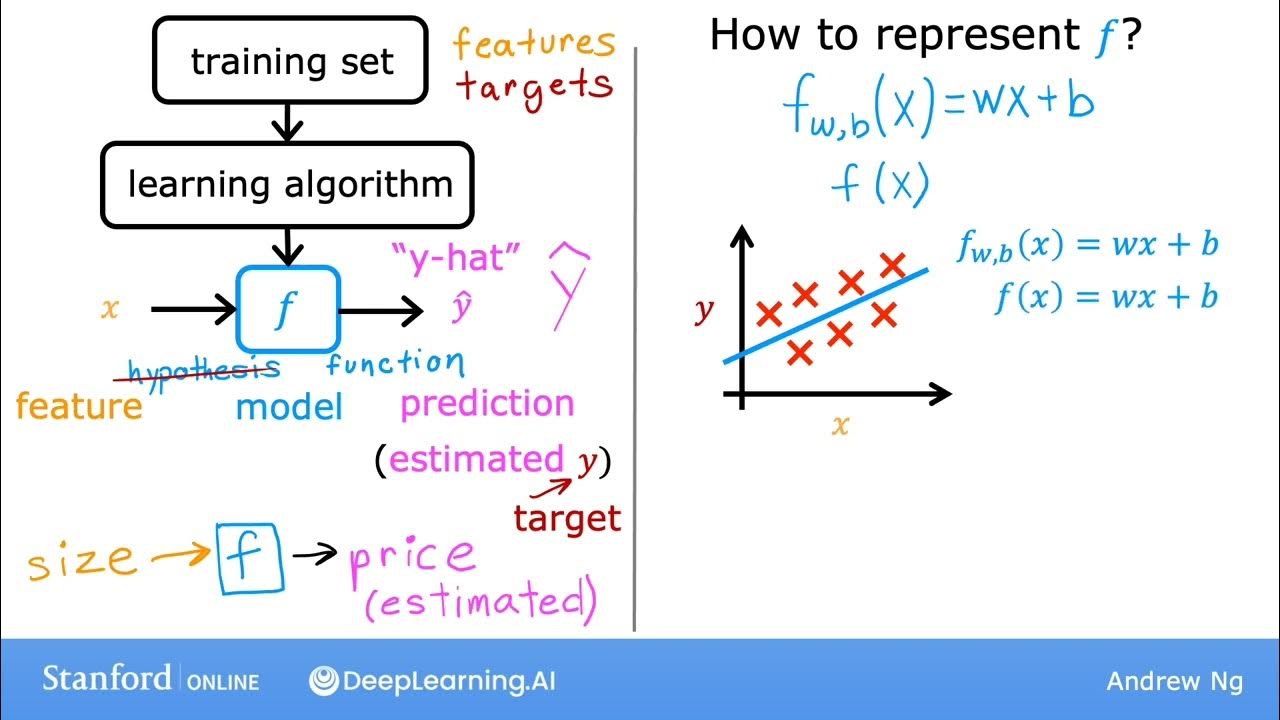Winter Dreams by F. Scott Fitzgerald - Short Story Summary, Analysis, Review
Summary
TLDRThe video script discusses F. Scott Fitzgerald's short story 'Winter Dreams,' comparing it to 'The Great Gatsby' while exploring themes of desire, ambition, and disillusionment. The speakers reflect on the main character Dexter Green's pursuit of success and love, particularly his obsession with Judy Jones. They analyze how dreams can sometimes lead to disappointment, highlighting Dexter’s journey from idealism to reality. The conversation touches on privilege, beauty, the American dream, and personal growth, ultimately questioning whether achieving one's goals brings true happiness.
Takeaways
- 😀 The speaker was initially dreading reading *Winter Dreams* by F. Scott Fitzgerald, but ended up enjoying it despite not being a fan of Fitzgerald's works.
- 📖 The speaker compares *Winter Dreams* to *The Great Gatsby*, noting that both explore themes of desire, ambition, and disillusionment, though *Winter Dreams* is more concise.
- 💼 Dexter Green, the protagonist, represents the pursuit of the American Dream and the struggle of chasing unattainable desires, leading to disillusionment.
- 🎯 A key theme in the discussion is that some dreams, once achieved, lose their value, and it is often the journey that is more meaningful than the destination.
- 🌟 Judy Jones, the love interest, symbolizes beauty, privilege, and the idea of desire itself. Her attractiveness gives her advantages, but her true value is questioned by the end of the story.
- 🤑 The story critiques the idea that wealth and success alone lead to happiness, as Dexter achieves financial success but lacks true fulfillment and love.
- ⚖️ The discussion touches on the theme of privilege, noting that not everyone has the same opportunities and resources, which affects their ability to succeed in life.
- 🚩 Dexter ignores red flags in his relationship with Judy, emphasizing how desire and idealization can blind people to reality and lead to poor decisions.
- 💡 The concept of growth is explored, with Dexter's realization that the life he thought he wanted isn't truly fulfilling representing a form of personal growth.
- 🧩 *Winter Dreams* explores the tension between reality and idealism, with Dexter’s journey showing that sometimes what we chase isn’t what we really need.
Q & A
What was the speaker's initial impression of Fitzgerald's 'Winter Dreams'?
-The speaker was initially dreading reading 'Winter Dreams' because they are not a big fan of Fitzgerald. They assumed it would be like a shorter version of 'The Great Gatsby,' which they did not enjoy in high school.
How did the speaker’s opinion of 'Winter Dreams' change after reading it?
-The speaker ended up enjoying 'Winter Dreams' despite their initial hesitation. They found it to have meaningful points about life and appreciated it more than they expected.
What themes from 'Winter Dreams' resonated with the speaker?
-The speaker found themes of disillusionment and the journey being more important than the destination relatable. They also highlighted Dexter Green’s pursuit of dreams and how achieving those dreams doesn't always lead to satisfaction.
How does the speaker relate their personal experience with forced reading to their view of Fitzgerald?
-The speaker recalls being forced to read 'The Great Gatsby' in high school, which they found boring. Later, as a teacher, they felt guilty forcing students to read something they didn’t enjoy themselves, which further contributed to their negative view of Fitzgerald's work.
What does Dexter Green’s pursuit of Judy Jones symbolize, according to the discussion?
-Dexter's pursuit of Judy symbolizes an unattainable desire and disillusionment. Judy represents beauty and wealth, but ultimately, she is more of a fantasy than a meaningful goal, and Dexter realizes this by the end.
How does the speaker compare Judy Jones to other literary characters?
-The speaker compares Judy to Cathy from 'East of Eden' and Anita from 'Player Piano,' suggesting that she, like them, embodies the idea of a manipulative or unattainable figure who represents an idealized, yet ultimately hollow, pursuit.
What is the significance of Dexter’s financial success in the story?
-Dexter’s financial success represents the fulfillment of the American Dream on paper, but he finds that wealth and status do not bring him the personal happiness or love he desires, highlighting the emptiness of material success.
How does privilege play a role in 'Winter Dreams' as discussed in the transcript?
-The discussion points out that Dexter comes from a privileged background, which gives him opportunities others might not have. This underscores the idea that hard work alone doesn't guarantee success, as some people start with more resources and opportunities.
What lesson does Dexter learn by the end of 'Winter Dreams'?
-Dexter learns that the dreams he once chased, like wealth and the love of Judy Jones, do not bring the fulfillment he expected. This realization is part of his growth, as he understands that those dreams were illusions and not what he truly wanted.
Why does the speaker say 'Winter Dreams' almost changed their opinion of Fitzgerald?
-The speaker acknowledges that despite their initial aversion to Fitzgerald, 'Winter Dreams' has some powerful lines and themes that almost converted them to appreciating his work more, showing that their perspective on the author has shifted.
Outlines

此内容仅限付费用户访问。 请升级后访问。
立即升级Mindmap

此内容仅限付费用户访问。 请升级后访问。
立即升级Keywords

此内容仅限付费用户访问。 请升级后访问。
立即升级Highlights

此内容仅限付费用户访问。 请升级后访问。
立即升级Transcripts

此内容仅限付费用户访问。 请升级后访问。
立即升级浏览更多相关视频

Function Operations

Part 4 of 6 Inadequate Cooking and Contaminated Equipment

Temperature Conversions - Fahrenheit to Celsius to Kelvin

#10 Machine Learning Specialization [Course 1, Week 1, Lesson 3]

Why you can't shoot the F-35 down (even if you lock onto it)

Few-Shot Prompting Explained

Inverse Functions
5.0 / 5 (0 votes)
